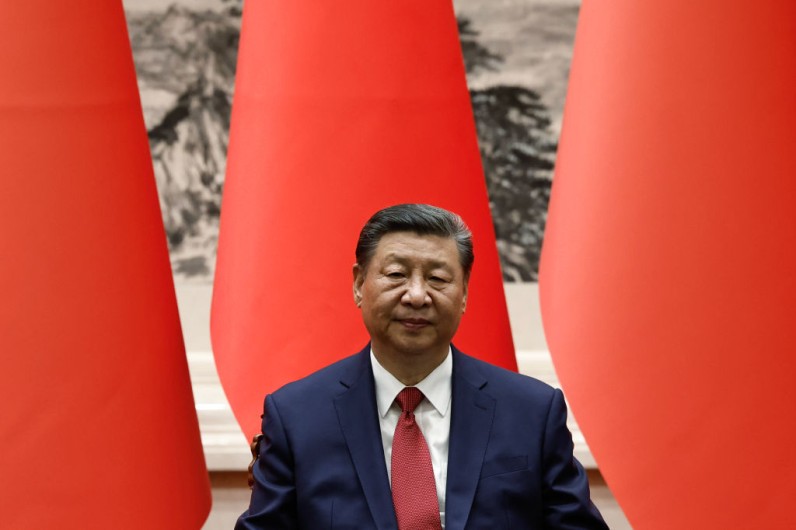
Chinese officials are facing an uphill battle to attract foreign investment abroad. Reports from Bloomberg showed that the pitch by Chinese officials is being met with doubts primarily attributed to the policies enforced by Xi Jinping.
Recently, at a prestigious Singapore hotel, officials from Inner Mongolia sought to promote their region's rare earths sector to numerous investors.
However, concerns arose among attendees regarding Beijing's true stance on foreign investment in these critical minerals, given escalating US-China tensions and stringent export controls imposed shortly after local authorities made assurances.
In May, a key measure of foreign direct investment recorded its lowest monthly figure since mid-2018, reflecting investor caution amid Xi's dual initiatives to boost national security and open up the economy further.
Since the pandemic restrictions eased last year, Chinese officials have intensified overseas engagements in response to domestic economic slowdowns and trade tensions with major economies.
These efforts include visits to European nations and Southeast Asian countries like Cambodia to explore investment opportunities in tech parks, green energy, and tourism projects.
Investor Confidence in China
Sun Yun, the director of the China Program at the Stimson Center in Washington, expressed concerns about regaining investor trust once it has diminished.
This uncertainty affects China's efforts to attract foreign investment despite reassurances from high-ranking Chinese officials such as Premier Li Qiang and He Lifeng. The situation is complicated by upcoming U.S. elections, which could lead to increased tariffs and contentious rhetoric targeting China.
For Chinese Communist Party officials pursuing fresh capital, Singapore has emerged as a strategic hub due to its proximity, friendly relations with Beijing, and substantial Chinese population.
While there are some successes, many of these trips are perceived as symbolic gestures with limited investment outcomes.







Join the Conversation